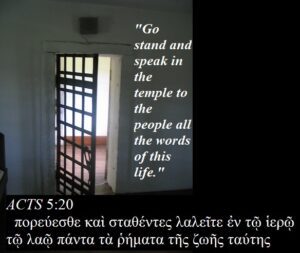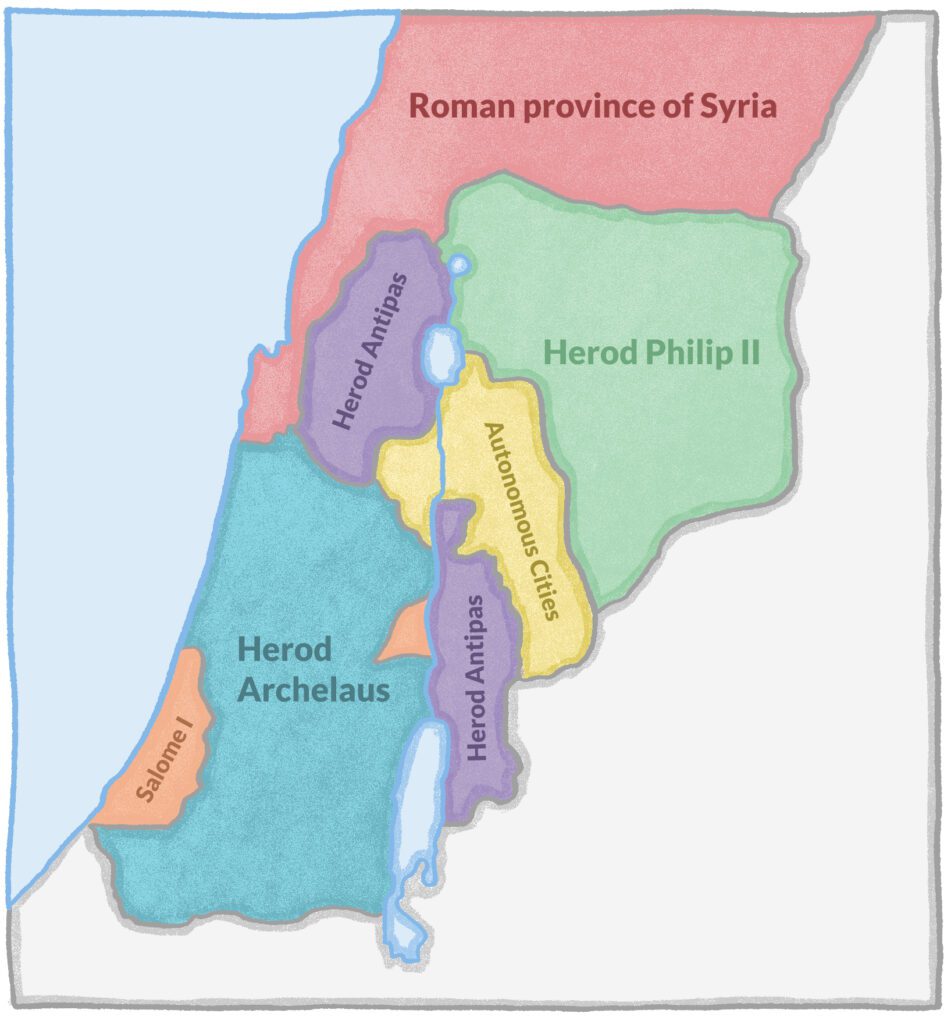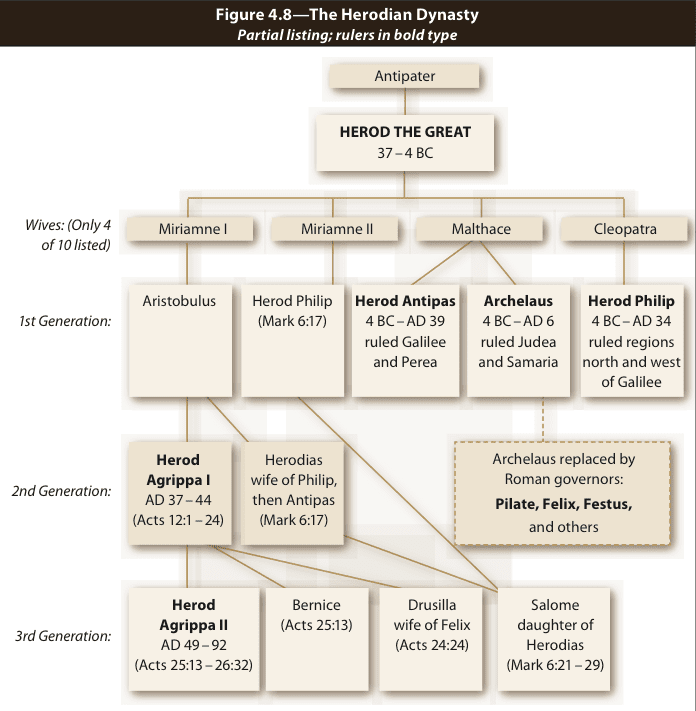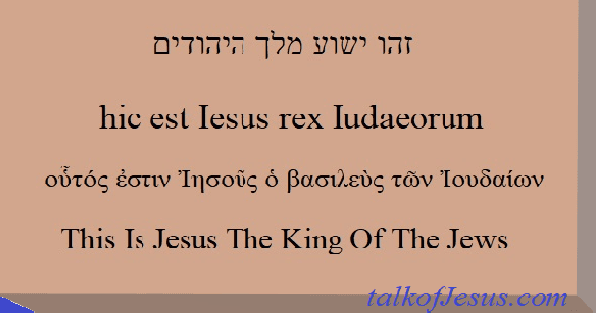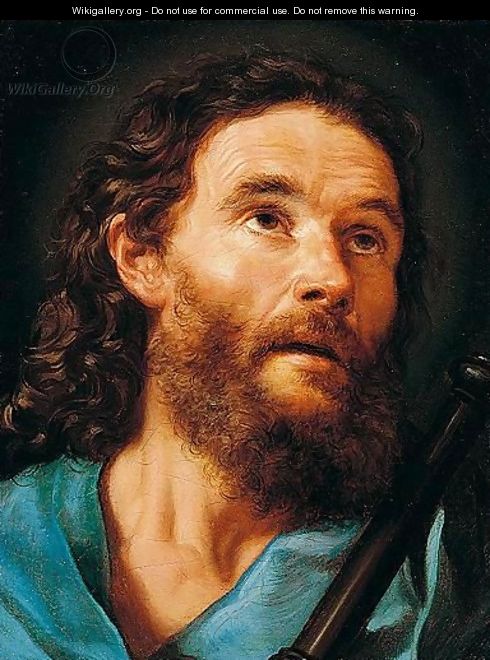A messenger after an angel
Today we’ll move around between scenes and times hoping for a glance at an angel.
(Have you ever seen one?)
Acts of the Apostles 12:
So Peter was kept in prison, but earnest prayer for him was made to God by the church.
Acts of the Apostles 12:5 ESV
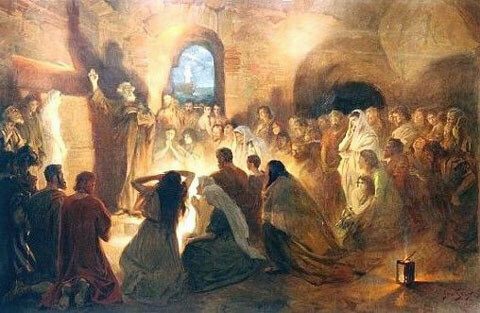
~ A.D. 42
Scene: Likely the same upper room where Peter and the Apostles have proclaimed the Gospel to the Church with great power. It is above a palatial home of Mary mother of Mark, who will record his Gospel during these next several years.
Like James, this time the Apostle has been seized in Jerusalem and led to prison.
Here in Mary’s house, the church prays continually for their pastor Peter, who Herod will soon execute to please the Jews.
A servant girl, Ῥόδη [Rhoda] comes up to them as claimed she saw Peter.
..and they kept saying, “It is his angel!”
Acts 12:15c ESV
These believers in the resurrected Christ seem pretty insistent that Peter wasn’t knocking at Mary’s gate as her servant girl insisted, but that Rhoda just saw an angel at the gate.
Just what is it that this flock of Peter’s believes about angels?
ἄγγελος – angelos
KJV Translation Count — Total: 186x
- a messenger,
- envoy,
- one who is sent,
- an angel,
- a messenger from God
..in her joy she did not open the gate but ran in and reported that Peter was standing at the gate.
15 They said to her, “You are out of your mind.”
But she kept insisting that it was so, and they kept saying, “It is his angel!”
Perhaps some in the room had witnessed the risen Christ! (Jesus, though, IS more than just an angel). He demonstrated both spirit-like and human traits during those forty days after the resurrection a dozen years ago.
Perhaps Peter has sent a messenger from Herod’s prison, even a messenger sent from God.
Philip the Evangelist or Cornelius the Centurion
Luke does not account for who is present among those praying for Peter. Maybe John is mourning in a family home for his slain brother James. But Philip might be present, traveling from Caesarea even as Agrippa frequently does. Or maybe Cornelius, now a Roman brother in the Lord and follower of Peter, could have been there (or some of his family).
These men and others had seen angels and delivered the Lord’s message.
“Get ready and go south to the road that descends from Jerusalem to Gaza.” (This is a desert road.)
Acts of Philip, disciple of the Apostles, 8:26 NASB20
A.D. 2022
Scene: In a neighborhood near my own home
I saw an angel. I understood her message, a graceful and timely gesture sent to me.
Want to know more? Comment on this post about angels, especially sharing any contemporary experience of your own, and I will privately share the rest of my brief recent encounter - RH
Having experienced the mysterious and powerful work of the Holy Spirit personally on a Good Friday more than twenty years ago (even as many witnessed its mysteries on that first Pentecost more than a decade prior to our account from Acts of the Apostles 12), I do not marvel that those praying for Peter suggested that Rhonda, servant of the household of John Mark, had seen angel.
Peter’s witness of Angels
It happens here in Acts 12, that this servant girl had not seen an angel at their gate.
13 And when he knocked at the door of the gateway, a servant girl named Rhoda came to answer. 14 Recognizing Peter’s voice, in her joy she did not open the gate but ran in and reported that Peter was standing at the gate.
Peter, however, has seen an angel – even as Luke records in Acts of the Apostles that he has before.
Were some of those won to Christ by Peter’s preaching and powerful signs in the Temple (even before the stoning of Stephen) now present in this upper room where a servant girl has announced that Peter is at the gate?
Also, of course, there was the Voice Peter heard from the housetop when the angel of the Lord brought Cornelius to him: “Rise up, Peter, slaughter and eat!” .. “What God has cleansed, no longer consider defiled.”
So Peter was kept in prison..
It’s ten years beyond A.D. 30, when Jesus appeared to the Apostles and an angel released Peter from prison to preach in the Temple. And it’s a few months beyond A.D. 40, when an angel of the Lord appeared separately to Peter and Cornelius.
Scene:
A.D. 42 – a high-security prison of King Herod in Jerusalem at the time of the Passover
Agrippa’s timing is not unlike that of twelve years earlier, when Jerusalem’s former Prefect, Pontius Pilate, had crucified the Lord Jesus.
But now is the night before Herod Agrippa is about to make an example of Peter in front of the Passover crowds of Jerusalem, just as he had pleased the Jews so much (remember: *Herod really isn’t a Jew) by killing James with the sword of an executioner.
*source: Herod the Great's father was half Edomite. Agrippa grew up around Rome. For more READ: Herod Vexing Opposition of the Church from our introduction to ACTS 12
Acts 12:
τετράδιον – When he [Herod] had seized him, he put him in prison, delivering him to four [sixteen men] squads of soldiers to guard him, intending after the Passover to bring him out before the people.
[During every watch of the night..]
Peter was sleeping..
- between two soldiers,
- bound with two chains,
- and [two] guards in front of the door were watching over the prison.
No one is going to escape these Roman guards of Herod’s standing watch over Peter all night.
And behold, an angel of the Lord suddenly appeared
and a light shone in the cell;
and he struck Peter’s side and woke him up, saying,
“Rise up quickly.”
And his chains fell off his hands.
And the angel said to him, “Gird yourself and [bind] your sandals.” And he did so.
And he said to him, “[Bind] your [cloak] around yourself and follow me.”
[So Peter] went out and continued to follow, and he did not know that what was being done by the angel was real, but was thinking he was seeing a vision.
Acts 12:9 of an angel leading Peter from prison
When Peter came to himself, he said, “Now truly I know that the Lord has sent His angel and rescued me from the hand of Herod and from all the expectation of the people of the Jews.”
FREE from prison & certain death
Peter, standing in the early morning hours alone in the streets of Jerusalem.
And when he realized this, he went to the house of Mary, the mother of John who was also called Mark, where many were gathered together and were praying. And when he knocked at the door of the gate, a servant-girl named Rhoda came to answer…
ACTS of the Apostles – To be continued…
